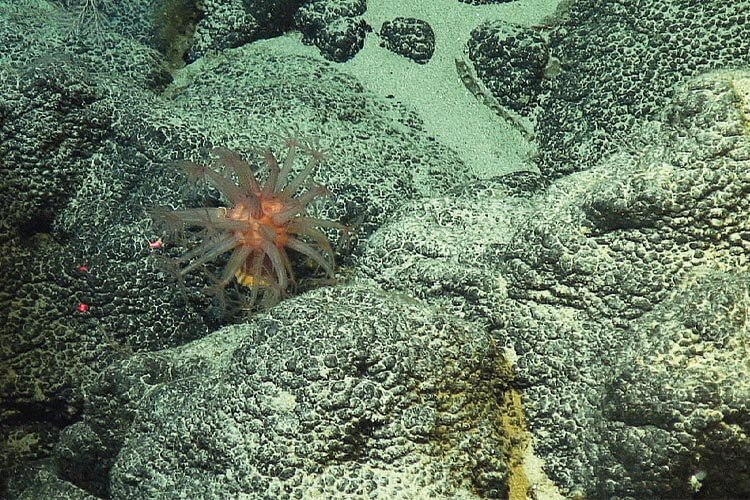
The future of deep-sea mining remains uncertain as talks between member states of the International Seabed Authority (ISA) have failed to reach an agreement over the rules, regulations and procedures that will govern operations.
The talks were called in response to a ‘two-year-rule’ triggered in 2021 by The Metals Company, a Canadian startup sponsored by the Micronesian state of Nauru, which made a formal statement of intent to commence deep-sea mining – currently forbidden under international law – in 2024.
Meeting in Kingston, Jamaica, representatives of the ISA, comprised of 168 individual member states and the European Union, convened to formalise the ‘Mining Code’. There have been calls to ‘pause’ the move towards commercial exploitation of the sea floor.
Related articles
Critics say deep sea mining would have a devastating impact on the marine environment and, at the very least, more research is necessary to determine the effects on the ocean. Those in favour claim it would be beneficial to the development of green technologies such as wind turbines and EV batteries, as well as the ever-increasing demand for consumer electronics.
To date, 31 permits have been issued by ISA, allowing 22 different companies to conduct exploratory missions to investigate the potential for mining the sea bed. Of particular interest to the mining companies is the northern Pacific Clarion-Clipperton Fracture Zone, which has been found to be rich in ‘polymetallic nodules’ from which rare earth metals can be extracted.
In 2022, a number of nations, including Canada, Costa Rica, France, Germany, Ireland, Spain and Switzerland, called for an extension of the current moratorium until more is known about its environmental impact. China, India and Norway voiced their opposition in response.

‘We cannot and must not embark on a new industrial activity when we are not yet able to fully measure its consequences, and therefore risk irreversible damage to our marine ecosystems,’ said French Secretary of State for the Sea, Hervé Berville, during the talks.
Athough the triggering of the two-year rule began formal proceedings to finalise the regulations this year, the timescale – coupled with intense disagreement between ISA members – has proven to be insufficient. As a result, the ISA’s governing body has pushed the agreed timetable for the creation of the Mining Code back another two years to July 2025
The ISA will formally reconvene in November 2023, March 2024 and July 2024 in order to continue negotiations.
In a statement on its website, The Metals Company said it ‘applauded’ the ISA’s ‘consensus decision regarding agreeing to a roadmap’ towards finalising the deep-sea mining regulations but that it was ‘disappointed’ the rules were not agreed upon in the latest session.
‘It is now a question of when – rather than if – commercial-scale nodule collection will begin,’ said The Metals Company CEO, Gerard Barron, adding, ‘I believe the finish line is now within sight, and we look forward to the consolidated regulatory text at the next meeting in November 2023.
- Lookout failure and improper DSMB use caused Scapa diver’s death – MAIB - 18 October 2025
- Dive computer data ‘lost’ following death of 12-year-old Dylan Harrison - 17 October 2025
- Miami Seaquarium, former home of Lolita the orca, permanently closed - 16 October 2025


